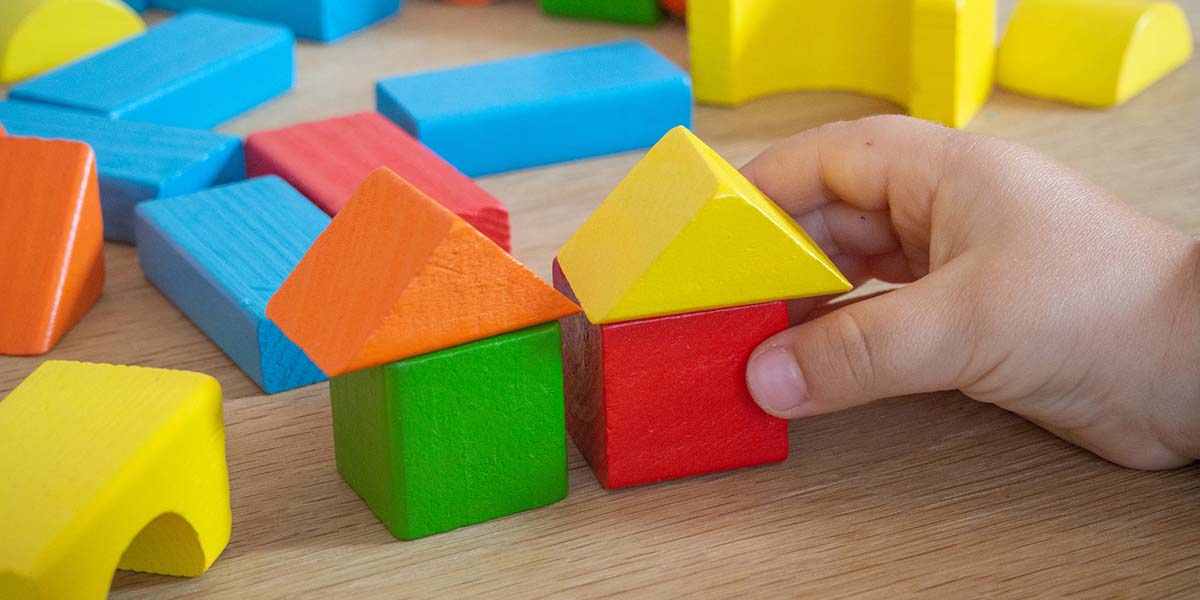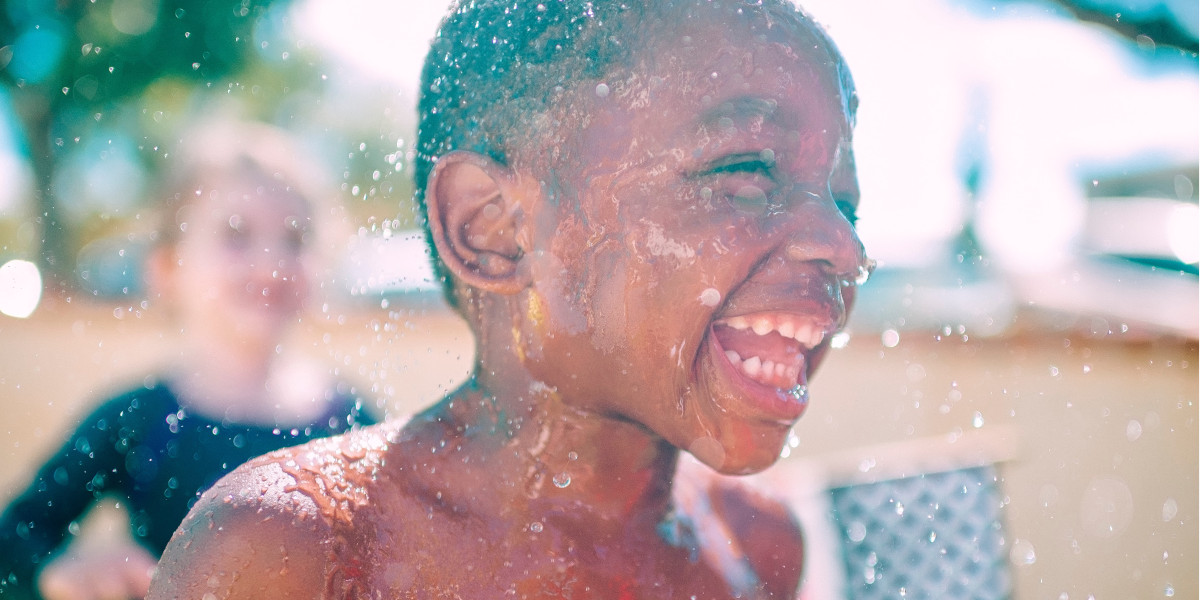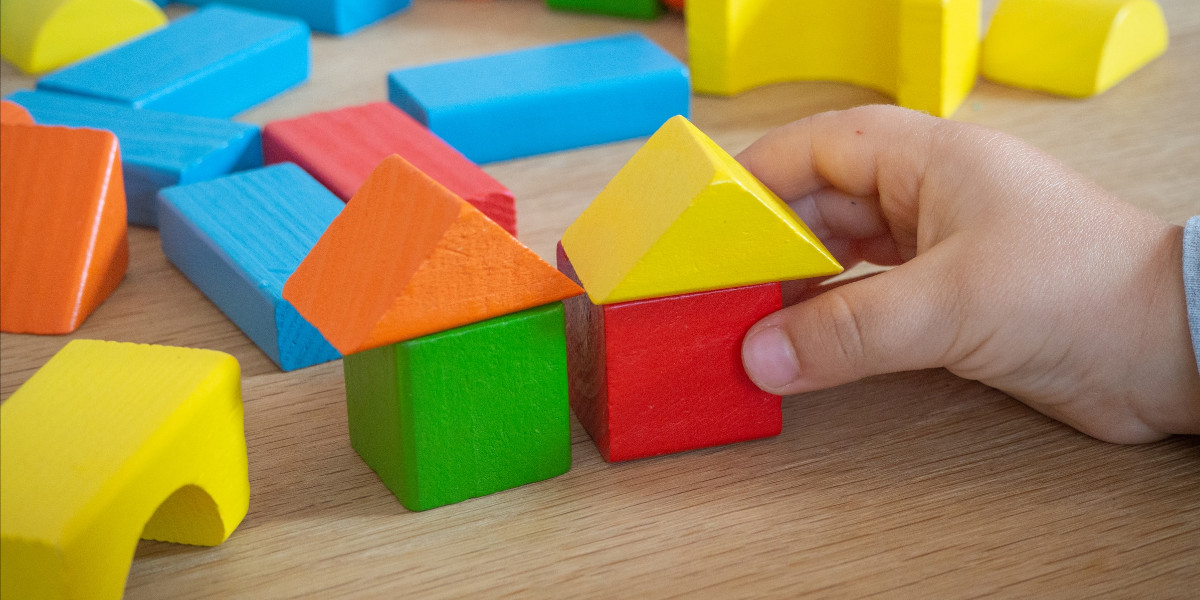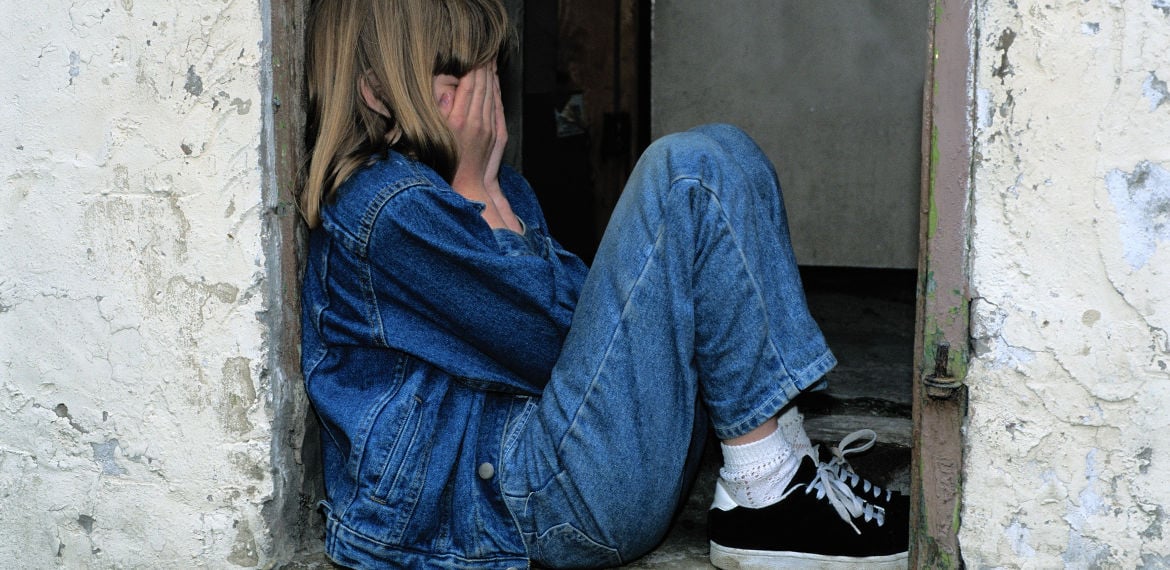
Does Play Therapy Help Children Work Through Grief?
The COVID-19 pandemic not only shifted how humans utilize and interact with technology, but it changed the way that we all communicate and celebrate relationships with one another at large. A recent study of trends in children’s mental health showed that children have a tough time expressing their emotions and grief from the changes that have occurred within the last few years.
Children’s physical, mental, and social development is dependent upon their caregivers, friends, schooling, routines, and their interactions with the outside world around them. The pandemic put a pause on children’s abilities to participate in socialization, and dramatically shifted their emotional development, education, and daily school routines. With this information in mind, there are many different interventions that can be utilized to aid children in development, processing grief, and helping children develop a deeper social awareness within themselves.
Child Play Therapy
One form of therapy that is very powerful and effective for children is Child Play Therapy, which involves different play and developmental techniques. It allows children to further develop emotional awareness within themselves and others, and it also helps children develop problem-solving skills. According to this guide from the Association for Play Therapy, “it helps children to address and resolve their own problems…. it builds on the natural way that children learn about themselves and their relationships in the world around them.”
There may be some signs that your child is still adjusting from developmental milestones they missed during the pandemic. Or, they could be grieving a separate loss.
Normal Signs of Grief
Here are some “normal” processes that can be seen in grieving children:
- Denial
- Emotional numbing
- Anger, irritability, episodic rage
- Confusion
- Regressive behaviors
- Difficulty sleeping, or nightmares.
- Changes in appetite
- Visual or auditory misperceptions of the loved one’s image or voice
Concerning Signs of Grief
Here are some worrisome symptoms or behaviors that show up in grieving children:
- Drop in grades.
- Dangerous risk-taking
- Violent play
- Use of drugs or alcohol
- Self-destructive behaviors
- Threatening to hurt themselves or others.
- Total withdrawal from people and their normal environment
- A dramatic change in personality or overall functioning
- An extended period of depression in which the child loses interest in daily activities and events
- Prolonged fear of being alone
- Acting much younger for an extended period
- Excessively imitating the dead person
- Believing they are talking to or seeing the deceased family member for an extended period of time
- Repeated statements of wanting to join the dead person
It can be so challenging when we are experiencing our own grief to allow our children enough space to experience theirs. They may not grieve in the way we want them to. Let them express their feelings. If, however, you notice that some distressing behaviors are not getting better with time, or are developing into a state where your child has an unusually long or strong reaction to a single event, consider play therapy as an accessible, safe, interpersonal way to help children work through their feelings.
Learn more about my approach to children’s therapy, meet our specialists at Lifeologie Counseling Midlothian, or request an appointment to help your child process their emotions and learn the tools to become resilient and build healthy relationships with you and others in the unpredictable world.

About Maddison Stahler
Maddison Stahler is a former Master's Level Intern at Lifeologie Counseling Midlothian. She received her BS in Speech Language Pathology from Texas Christian University and her MS in Clinical Mental Health Counseling from Southern Methodist University.
Meet Me

.png)

.png)